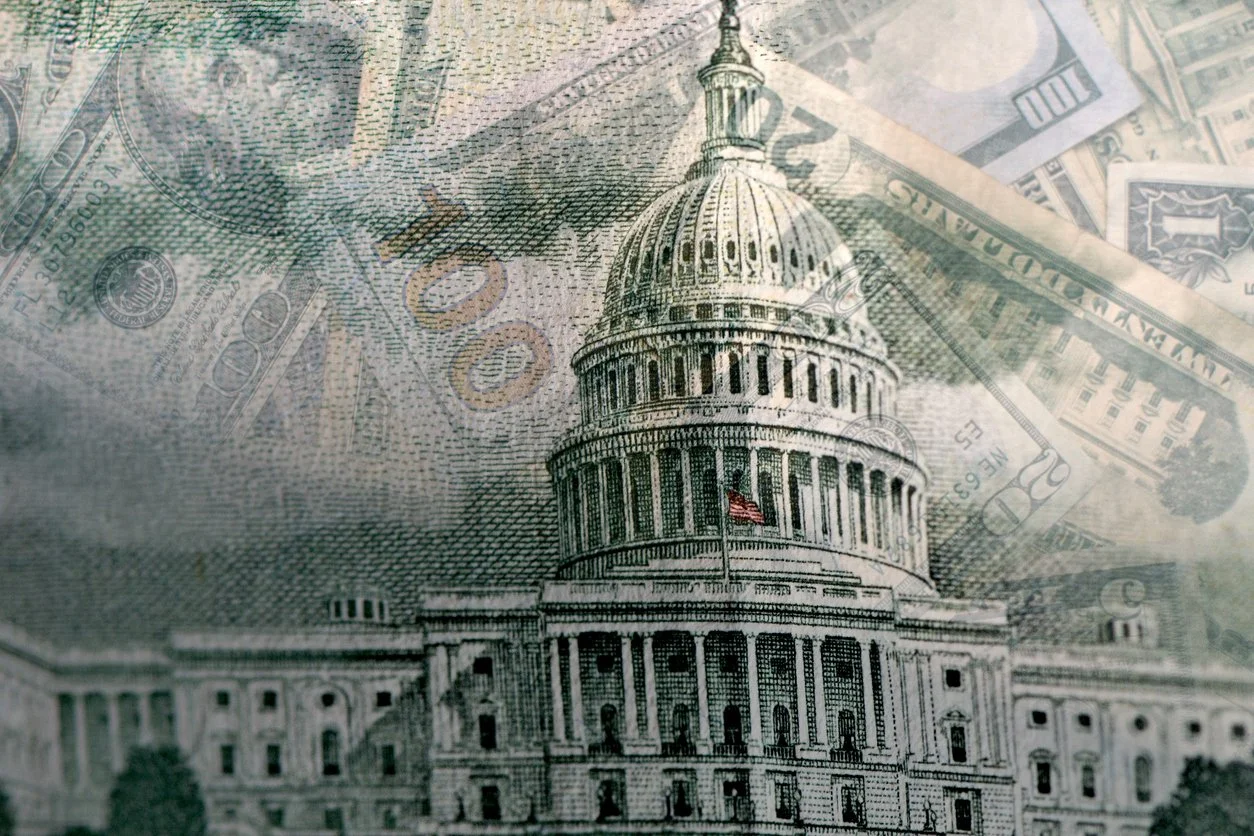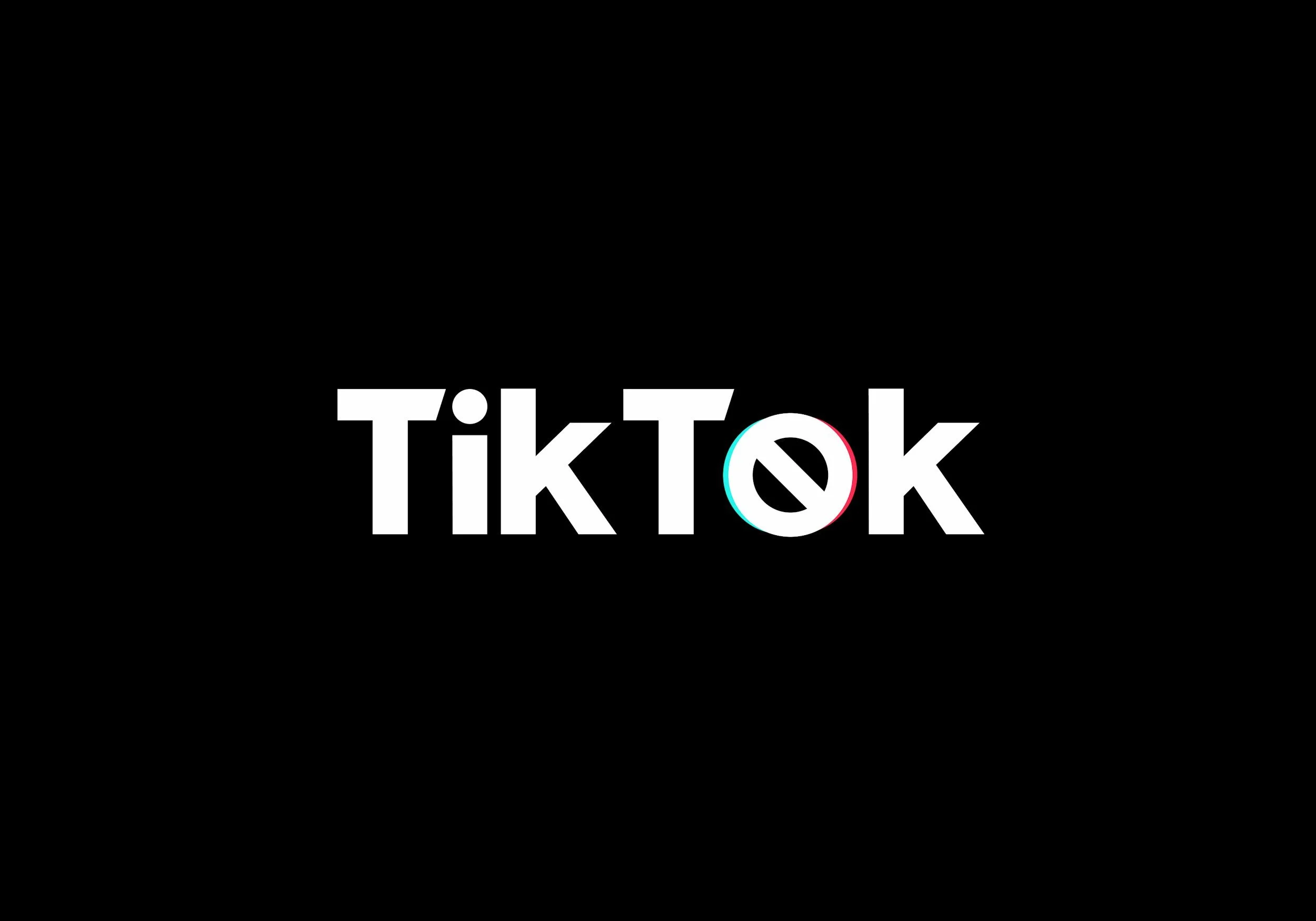In this issue, we discuss how Biden blocked Nippon Steel’s takeover of U.S. Steel. Now the Trump team has to figure out how to save the tottering corporation, and America’s broader steel industry.
Read MoreOpen Markets Executive Director Barry Lynn spoke in late January in Brussels at a conference titled A Perfect Storm: A Time of Truth for Europe, hosted by Cristina Caffarra and The Capitol Forum. Lynn spoke on a panel with Texas Attorney General Ken Paxton and FTC Commissioner Rebecca Slaughter, among others. Other speakers included economist Simon Johnson, who recently won the Nobel Prize, MEP Andreas Schwab, former German Secretary of State for Economic Affairs Sven Giegold, Ambassador Katherine Tai, CFPB Director Rohit Chopra, FT Columnist Rana Foroohar, UK MP Chi Onwurah, MEP Alexandra Geese, and Marietje Schaake.
Read MoreThe Open Markets Institute filed an amicus brief in Cornish-Adebiyi v. Caesars, a case before the Third Circuit court in which casino hotels in Atlantic City used revenue management software from Cendyn Group to fix prices at high rates.
Read MoreEurope director Max von Thun co-wrote a piece alongside fellow Michelle Nie discussing French AI Action Summit must address Big Tech's control over AI infrastructure and policy to ensure AI aligns with the public interest and independent regulation.
Read MoreFood systems program manager Claire Kelloway is quoted advocating for stronger antitrust enforcement and the Packers and Stockyards Act to curb corporate consolidation in the meat industry.
Read MoreSenior legal analyst Daniel Hanley was quoted supporting the ruling, emphasizing that corporations can't use weak First Amendment claims to evade regulation.
Read MoreEurope director Max von Thun argues that the EU should resist US pressure to ease Big Tech regulations and instead strengthen its digital sovereignty for economic and security reasons.
Read MoreExecutive director Barry Lynn was referenced in The Guardian article discussing Lina Khan's legacy at the Federal Trade Commission (FTC). Lynn critiques Khan’s tenure, highlighting the complexities and challenges faced in advancing antitrust policy under her leadership, particularly in relation to corporate concentration and Big Tech's influence.
Read MoreCJL director Courtney Radsch conducted an interview with the Polish Public Television to emphasize the unprecedented levels that the connection between business and politics have reached through Elon Musk and his ties with the Trump Administration.
Read MoreSenior reporter Karina Montoya writes about the Biden-Harris administration’s transformative antimonopoly efforts, their enduring impact on U.S. competition policy, and the uncertain prospects for continued enforcement under President Trump.
Read MoreIn this issue, we discuss Biden’s foreboding about a tech-industrial complex and ask whether President Trump will use competition law to break corporate power, or concentrate power in his own hands.
Read MoreSenior legal analyst Daniel Hanley commends the Supreme Court's TikTok divestiture decision but calls for broader regulation of surveillance-driven platform business models to protect democracy and privacy.
Read MoreCJL director Courtney Radsch argues that AI companies should obtain explicit consent from rights holders before using their content for training AI models, emphasizing the need to respect copyright laws and protect creators' rights.
Read MoreCJL director Courtney Radsch talks about explicit user consent being essential in the AI data collection process to protect individual privacy and autonomy.
Read MoreOpen Markets Institute Transportation Policy Analyst Arnav Rao comments on a USTR investigation that finds China uses monopoly practices to dominate the maritime industry.
Read MoreThe Center for Journalism and Liberty welcomes the publication of a landmark report, “Information Ecosystems and Troubled Democracy” by the Observatory on Information and Democracy. This landmark document analyzes the most current academic research on information ecosystems and their impact on democracies worldwide.
Read MoreOpen Markets Institute food program manager Claire Kelloway comments on the USDA’s finalized rule against deceptive poultry payment tactics and withdrew a proposed rule easing access to justice for unfair treatment by meatpackers.
Read MoreOpen Markets Institute has partnered with the media company Participant and partners, to cosponsor the Washington, DC premiere of the documentary film sequel, Food, Inc. 2, on April 9th, and an impact campaign to improve our food system by taking on corporate power and the harmful practices that power enables.
Read MoreOpen Markets Food Program Manager Claire Kelloway released a statement on release of The United States Department of Agriculture’s (USDA) final rule for improvements to Packers and Stockyards Act enforcement against discrimination, retaliation and deception in the meatpacking industry.
Read MoreOpen Markets Food Program Manager Claire Kelloway released a statement regarding the Federal Trade Commission’s move to block a merger between two of the nation’s largest grocers, Kroger and Albertsons.
Read MoreOpen Markets Institute was mentioned in an article in support of Beth Baltzan, an adviser to the U.S. Trade Representative’s office and a former senior fellow at OMI, who is being targeted by Big Tech firms and the Wall Street Journal’s editorial page.
Read MoreFood systems program manager Claire Kelloway elaborates on the urgent issues that should be addressed in a new farm bill.
Read MoreOpen Markets’ food systems policy director Claire Kelloway on new USDA rules for chicken tournament systems that leave out turkey farmers.
Read MoreOpen Markets Institute was listed among the groups that have signed onto a letter opposing Koch Industries’ purchase of OCI Global’s Iowa Fertilizer Company for $3.6 billion, which would further consolidate the industry and damage competition and prices
Read MoreMarketplace quoted Open Markets’ food systems policy director Claire Kelloway on how the proposed merger between grocery store giants Kroger and Albertsons would increase the company’s negotiating power with brands.
Read MoreFood and agriculture systems program manager Claire Kelloway co-wrote a paper with senior fellow at American Economic Liberties Project, Matthew Buck, examining exclusionary payments as an unfair tactic used by dominant retailers to abuse their market power to corner food retail markets and marginalize new and community-based producers.
Read MoreFood systems program manager Claire Kelloway argues that the main reason Kroger and Albertsons want to merge is to achieve Walmart’s monopsony power, and permitting mergers on these grounds will only harm suppliers, workers, and consumers.
Read MoreA new report by chef Kiki Louya, published by the Open Markets Institute, examines the peanut industry, where farmer-owned cooperatives like Premium Peanut have seen great success taking on the giant shelling monopolies, and explores how other farmers might use cooperatives to circumvent monopolists.
Read MoreFood systems program manager Claire Kelloway co-wrote a piece covering the C&S divestiture take down of the Kroger - Albertsons merger.
Read More





























